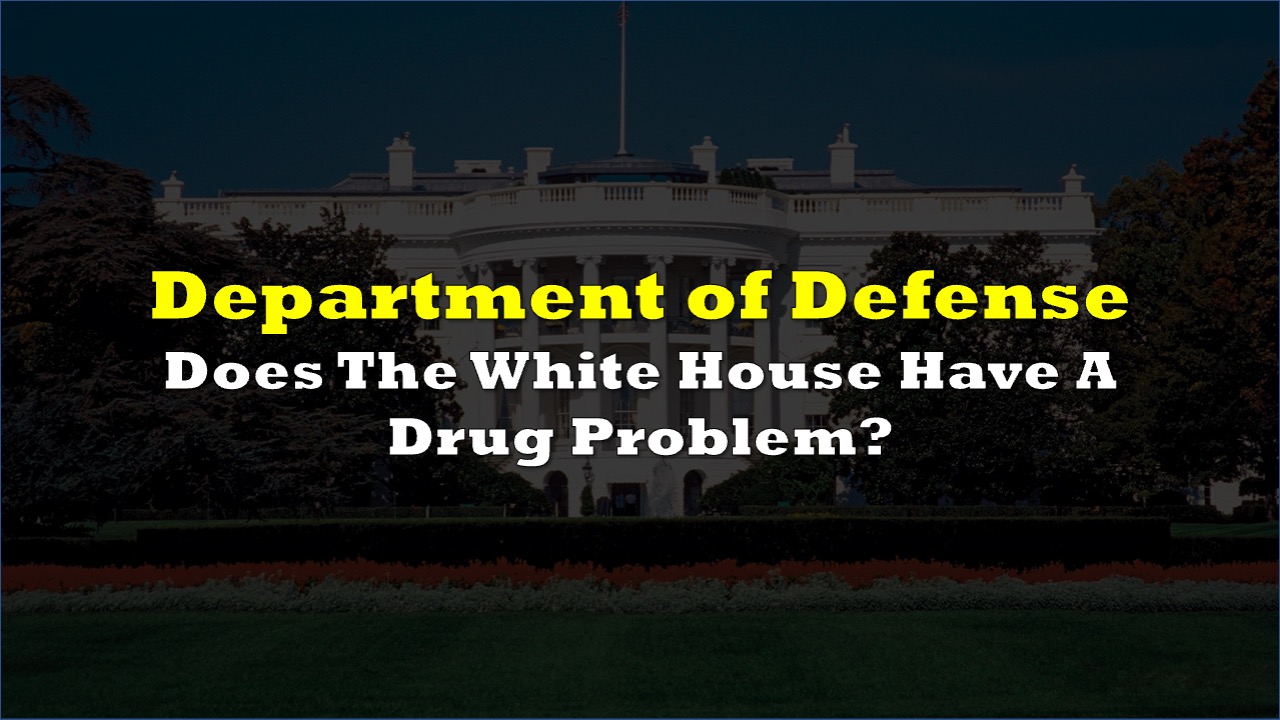A recent report from the Defense Department’s Office of Inspector General has exposed serious deficiencies within the White House Medical Unit’s pharmacy operations.
The investigation follows complaints made in 2018 regarding improper medical practices. It focused on a three-year period during the Trump administration and involved employee interviews dating back to 2009.
The report reveals that the White House Medical Unit provided health care to ineligible staffers before the Biden administration. Specifically, prescription medications, including controlled substances, were dispensed to ineligible White House staff. Furthermore, the unit failed to segregate records for Schedule II drugs as required by federal regulations. Handwritten records from the Trump administration were found to contain errors, illegible text, and inaccuracies in medication counts.
During the Trump administration, the White House Medical Unit spent substantial amounts on brand-name medications instead of more affordable generic alternatives. Notably, around $46,500 was spent on Ambien, which was 174 times more expensive than its generic equivalent, and nearly $100,000 was allocated for Provigil, a stimulant 55 times pricier than the generic equivalent.

The report also highlighted the dispensing of medication to ineligible White House staff members, which resulted in some receiving free specialty care and surgery at military medical treatment facilities. Additionally, the unit distributed medications like Ambien and Provigil without verifying patient identities.
In response to the report’s findings, the Pentagon Inspector General’s office recommended several policy changes, including the development of a pharmaceutical oversight plan for the White House Medical Unit, procedures for medication storage, prescribing, and dispensing, and enhanced methods for establishing patient eligibility. The Pentagon has agreed to follow these recommendations.
It’s worth noting that Rep. Ronny Jackson (R-TX), who served as the White House physician under Presidents Obama and Trump, was not the director of the White House Medical Unit during the timeframe investigated in the report. He is also not mentioned in the inspector general’s report.
The White House declined to comment, deferring inquiries to the Defense Department, which also refrained from commenting. The Trump campaign has not commented on the matter as of this writing.
Information for this story was found via the sources and companies mentioned. The author has no securities or affiliations related to the organizations discussed. Not a recommendation to buy or sell. Always do additional research and consult a professional before purchasing a security. The author holds no licenses.










One Response
Remember William Rhenquist and Placidil (spelling may be wrong on that)? A very dangerous drug for short time use only. Rhenquist got a perscription without authorization from the Congressional pharmacy. Then somehow the dose got tripled with no signature and stayed on it for two years. NYT reported he tried to quit cold turkey over the Christmas holiday he ended up in the emergency room. When he went from Justice to Chief Justice the report simply said he had no “present” drug problem. At the time the Times reported he was so confused and other Justices had to finish his questions for him. That also was a pharmacy outside the usual reporting system. Byron White, according to someone I knew on the Hill at the time, may have had the same sort of unofficial access